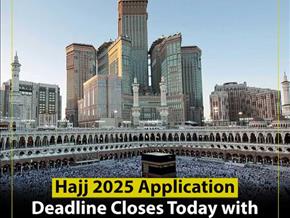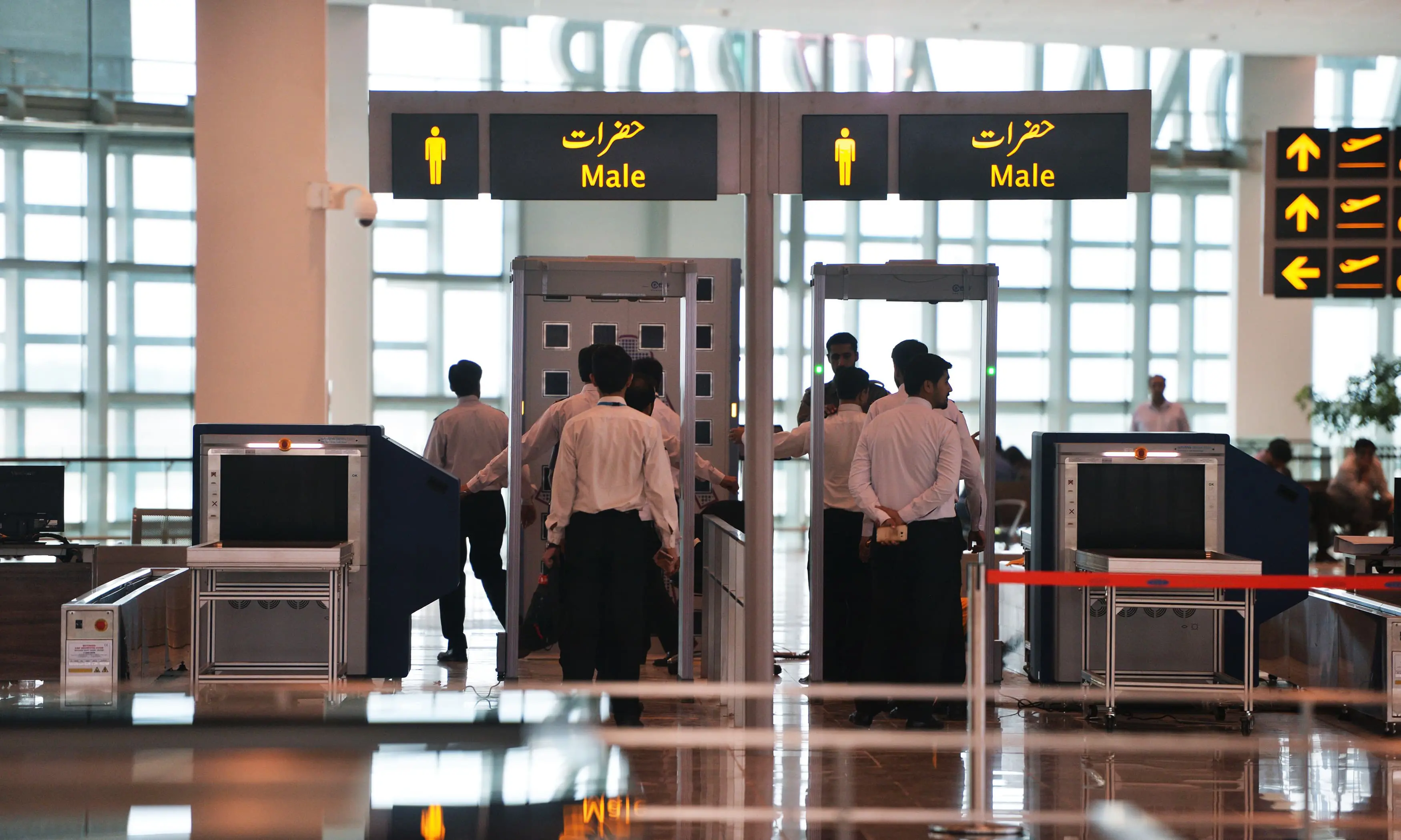
In a significant step toward protecting the experience and safety of pilgrims, the Saudi Ministry of Hajj and Umrah has taken firm action against seven Umrah companies for failing to deliver the transport services promised in their Umrah packages. The ministry has not only suspended their operations but has also liquidated their bank guarantees to cover the cost of arranging alternate transportation for the affected pilgrims.
For many Muslims around the world, performing Umrah is a once-in-a-lifetime opportunity, filled with spiritual significance and emotional weight. These journeys are carefully planned, often involving months of preparation, savings, and coordination with travel agencies that offer Umrah packages tailored to different needs and budgets. So, when things go wrong—like missing transportation or mismanaged itineraries—it can deeply affect both the spiritual and logistical aspects of a pilgrim’s experience.
Transport Failures Within Umrah Services
The seven companies in question were found to have violated the terms of their service agreements by failing to provide proper transport arrangements to pilgrims. These services, typically part of comprehensive Umrah packages, are critical for ensuring that pilgrims can travel smoothly between airports, hotels, and the holy sites in Makkah and Madinah.
For Umrah groups, especially those including elderly pilgrims, children, or first-time travelers, transportation isn’t just a convenience—it’s a necessity. Delays, long waits, and confusion caused by mismanaged schedules can lead to stress, health issues, and missed rituals, which are emotionally heartbreaking for those who have journeyed from across the world.
The Ministry’s response has been swift and decisive. It not only halted the operations of the offending companies but also acted to ensure that pilgrims were not left stranded or without assistance. By using the companies’ bank guarantees to arrange alternate transportation, the Ministry demonstrated its commitment to safeguarding pilgrim welfare at all costs.
Saudi Vision 2030: A Journey of Transformation
This action is more than just regulatory enforcement—it reflects a broader shift happening under Saudi Vision 2030. This long-term plan aims to revolutionize many aspects of life in the Kingdom, including religious tourism, by improving infrastructure, services, and pilgrim experience from start to finish.
With millions visiting Saudi Arabia each year for Hajj and Umrah, the Ministry is focused on enhancing every element of the pilgrimage journey. This includes streamlining Umrah visa processes, improving hotel and transport services, and ensuring that Umrah packages—especially those offered to international Umrah groups—live up to their promises.
In this case, the ministry made it clear: failing to deliver on basic contractual obligations will not be tolerated. Companies must adhere strictly to their service commitments, and any negligence will have financial and operational consequences.
Pilgrims First: Humanizing the Experience
For people like Abdul Kareem, a 68-year-old pilgrim from Karachi, this was a first-time visit to the holy cities. “We were part of a group of 35 people,” he shared. “When we landed in Jeddah, there was no one to pick us up. We waited for hours, exhausted and worried. Some elders even fell ill due to the delay.”
Unfortunately, his story isn’t unique. Every year, thousands of pilgrims travel in Umrah groups, many of whom rely on travel agencies to coordinate every step—from visas and flights to hotel bookings and transport. A failure in any one part of this chain can cascade into significant disruption.
That’s why the Ministry’s recent action has been widely appreciated by many pilgrims and religious travel experts. By standing up for pilgrim rights and demanding accountability from service providers, the Ministry is helping to restore trust and confidence in the system.
Quality Control and Accountability in Umrah Packages
The incident has reignited discussions around quality assurance in the booming Umrah services industry. As religious tourism grows, especially with the increasing demand from South Asia, Africa, Europe, and Southeast Asia, more travel agencies are entering the market, offering varied levels of service.
While many of these agencies do a commendable job, others may cut corners—especially in areas like local transport, guide availability, or communication with clients.
This is where strong government oversight becomes essential. The Ministry’s recent enforcement efforts send a powerful message: every aspect of Umrah packages, especially transportation and logistics, must meet regulated standards. Otherwise, operators risk financial penalties, legal consequences, and being shut down altogether.
Official Statement from the Ministry
According to the Saudi Press Agency (SPA), the Ministry reaffirmed its commitment to offering world-class Umrah services and outlined its ongoing mission to improve the experience for pilgrims visiting the Kingdom. It emphasized a zero-tolerance policy toward negligence and called on all Umrah companies to adhere strictly to regulations and service delivery timelines.
The statement further noted that Umrah groups are especially vulnerable to logistical failures and that agencies must be proactive in their planning and responsiveness.
The Ministry also encouraged pilgrims to report any mistreatment or failure in services through official hotlines and digital platforms, ensuring that complaints are logged and addressed without delay.
What This Means for Pilgrims and Travel Agencies
For travelers planning their spiritual journey, this incident serves as a valuable reminder to choose their Umrah packages carefully. Here are some tips for pilgrims:
✅ Research your travel agency: Check for reviews, government registration, and online ratings.
✅ Ask detailed questions: Inquire specifically about transport, accommodations, and group management.
✅ Travel in registered Umrah groups: Group packages often include coordinators who can assist in case of issues.
✅ Keep backup contacts: Make sure you have local contacts in Saudi Arabia in case you need help.
For travel agencies, this is a wake-up call. As competition increases and pilgrim expectations rise, agencies must invest in improving their Umrah services—from hiring qualified staff and coordinating logistics to providing real-time support and feedback channels.
The Ministry of Hajj and Umrah’s decision to suspend seven companies is more than just a news headline—it’s a firm stand for the dignity and safety of every pilgrim. In a world where spiritual journeys are deeply personal and life-changing, such accountability is not only welcome but essential.
As Saudi Arabia continues its efforts to become a global leader in religious tourism, pilgrims can expect even more improvements in Umrah services. And for those offering Umrah packages, this is a clear reminder: promises made to pilgrims must be honored, no matter what.
;More Travel News
-
 17-Dec-2024Hajj 2025: Final Deadline for Applications Today
17-Dec-2024Hajj 2025: Final Deadline for Applications Today -
 17-Oct-2025Honeymoon Bliss: Why Maldives Tops Every Couple’s Wish List
17-Oct-2025Honeymoon Bliss: Why Maldives Tops Every Couple’s Wish List -
 07-Oct-2025Trending Honeymoon Destinations 2025: Maldives, Cappadocia & Santorini
07-Oct-2025Trending Honeymoon Destinations 2025: Maldives, Cappadocia & Santorini -
 27-Feb-2025Best Time to Book Flights for Cheapest Rates
27-Feb-2025Best Time to Book Flights for Cheapest Rates -
 30-Apr-20205 Situation When it Make Sense To Purchase Travel insurance?
30-Apr-20205 Situation When it Make Sense To Purchase Travel insurance? -
 02-Jul-2021Check the Open Countries And Their Travelling Requirements For Pakistani Visitors After Coronavirus
02-Jul-2021Check the Open Countries And Their Travelling Requirements For Pakistani Visitors After Coronavirus -
 22-Jan-2023These Countries Send the Most Umrah Pilgrims Every Year
22-Jan-2023These Countries Send the Most Umrah Pilgrims Every Year -
 17-Dec-2019Pakistan is the most Favorite destination for tourists in 2020
17-Dec-2019Pakistan is the most Favorite destination for tourists in 2020 -
 23-Apr-2025The Pakistani government has announced plans to build two new airports, revealing their intended sites
23-Apr-2025The Pakistani government has announced plans to build two new airports, revealing their intended sites -
 16-Mar-2020Top Tourist Spots in South Punjab
16-Mar-2020Top Tourist Spots in South Punjab -
 12-Nov-2025Winter Travel 2025: Best Countries for Snow Adventures
12-Nov-2025Winter Travel 2025: Best Countries for Snow Adventures -
 20-Mar-2024Only One Umrah Allowed During Ramadan
20-Mar-2024Only One Umrah Allowed During Ramadan
